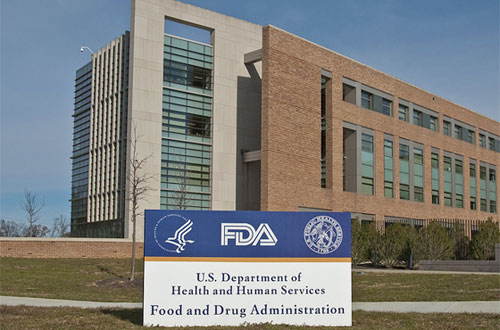
United Therapeutics’ Unituxin has become the first-ever therapy approved in the US for neuroblastoma, a rare form of cancer that most commonly occurs in young children.
There are around 650 new cases of neuroblastoma diagnosed in the US every year, with long-term survival – even with aggressive therapy – in just 40% to 50% of patients, according to the FDA.
Neuroblastoma is the second most common solid tumour in childhood (after brain cancer), and it makes up around 8% of the total number of children’s cancers.
The cancer affects immature nerve cells called neural crest cells and is typically diagnosed when children are under five years of age. The tumours most commonly occur in the adrenal glands or innerve tissue that runs along the spinal cord, and in some cases can spread to other tissues such as the bone marrow, bone, lymph nodes or skin.
At the moment treatment has focused on surgery of tumours that have not spread – which can often be curative – with intensive chemotherapy and radiotherapy used if the disease is more extensive.
Unituxin (dinutuximab) is an anti-GD2 antibody that binds to a glycolipid antigen on the surface of neuroblastoma cells and has been approved by the FDA for use in combination with a cocktail of immune-stimulating drugs in high-risk patients who have responded at last partially to first-line therapy.
The drug was filed for approval in Europe at the end of 2013 but has not yet been cleared by the EMA, with a verdict expected in the next few weeks, according to United Therapeutics‘ co-chief executive Roger Jeffs.
Giving Unituxin alongside granulocyte-macrophage colony-stimulating factor (GM-CSF), interleukin-2 (IL-2) and 13-cis-retinoic acid (RA) helps direct an immune response against the tumour cells, according to United. The drug is also a first because it is the first approved therapy that targets a non-protein antigen on cancer cells.
The safety and efficacy of Unituxin were tested in a 226-patient study whose tumours shrank after surgery and multidrug chemotherapy, along with radiotherapy and a bone marrow transplant.
Three years after treatment assignment, 63% of participants receiving the Unituxin combination were alive and free of tumour growth or recurrence, compared to 46% of participants treated with RA alone.
“Unituxin fulfils a critical need by providing a treatment option that prolongs survival in children with high-risk neuroblastoma,” said Richard Pazdur, who heads the FDA’s Office of Hematology and Oncology Products.
The therapy is not without its side effects, however, with most patients experiencing pain resulting from irritation of the nerve cells that generally requires intravenous opioid analgesics.




